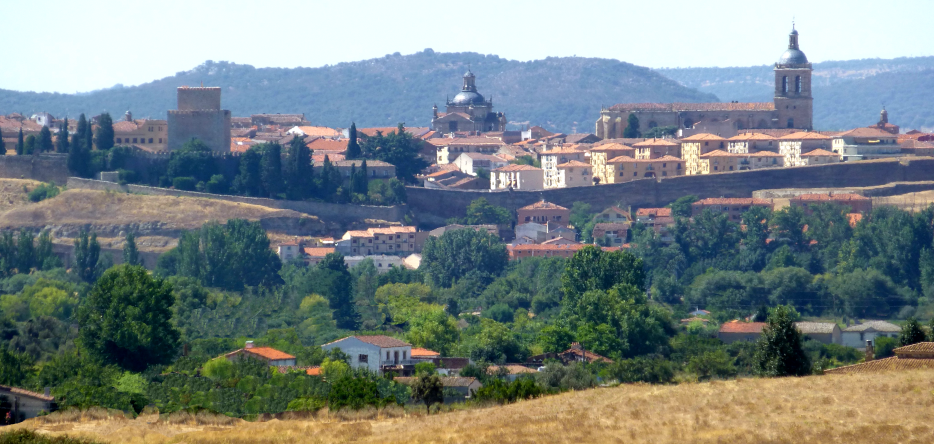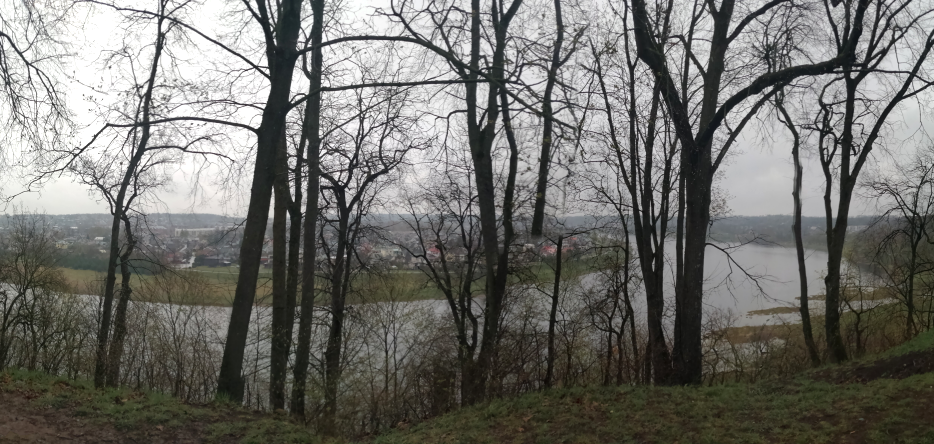January 1812
1st January 1812 – The Civil Code came into force in the Illyrian provinces.
2nd January 1812 – Napoleon visited Benjamin Delessert's beet sugar factory.
9 January 1812 – In Spain, capture of Valencia by Louis-Gabriel Suchet.
18 January 1812 – Order was given to send to Rome two thousand workers for the restoration of ancient monuments.
19 January 1812 – Arthur Wellesley, viscount of Wellington captured Ciudad Rodrigo.

20 January 1812 – Louis-Nicolas Davout was ordered to occupy Swedish Pomerania.
26 January 1812 – Meeting of Catalonia to France; it would form four departments.
February 1812
23 February 1812 – Concordat of 1801 was broken.
24 February 1812 – King Frederick William III of Prussia was forced by Napoleon 1 to supply a contingent of twenty thousand men.
25 February 1812 – Napoleon I met with an envoy of the Tsar, Alexander Ivanovich Chernichev .
26 February 1812 – Chernichev left Paris.
March 1812
14 March 1812 – The Emperor of Austria Francis I was ordered to supply thirty thousand men.
April 1812
9 April 1812 – Russia and Sweden concluded an alliance.
18 April 1812 – The French Army Corps stationed in Germany was ordered to be ready for war.
22 April 1812 – At Vilna, Alexander I, Tsar of Russia, took command of his army.
24 April 1812 – Russia issued an ultimatum.
May 1812
1st May 1812 – An employee of the French Department of War, convicted of spying for the Russians, was condamned and executed. He had provided information on the French armies in Germany.
9 May 1812 – Napoleon 1 arrived in Dresden.
21 May 1812 – Transfering the Pope Pius VII to Fontainebleau was decided.
29 May 1812 – Napoleon left Dresden. He would take command of the army.
June 1812
19 June 1812 – Pius VII arrived at Fontainebleau Castle as a prisoner.
22 June 1812 – Napoleon sent a proclamation to the Grand Army.
24 June 1812 – The Neman river was crossed by the Grande-Armée south of Kovno [Kaunas].

25 June 1812 – The Polish Diet was dissolved by Napoleon's envoy; it demanded the reconstitution of the Kingdom of Poland.
28 June 1812 – Entry of Napoleon in Vilna. He stayed in the governor's palace [current Presidential palace, Simonas Daukantas Square] [54.68334, 25.28602] occupied by Tsar Alexander a few days earlier. In Spain, capture of the city of Salamanca by General Wellington.
29 June 1812 – Evacuation of the city of Grodno by General Matveï Ivanovich Platov .
30 June 1812 – Jerome Bonaparte entered Grodno. The Russian army retreated on Mostoui.
July 1812
1st July 1812 – At Vilna, Napoleon installed the Administrative Commission of Lithuania. It had to govern Lithuania and White Russia and load requisitions among the peasants and landowners.
2nd July 1812 – Napoleon ordered that the soldiers found guilty of plundering or marauding should be arrested, tried by martial court and shot, if convicted.
8 July 1812 – Occupation of Minsk by Marshal Louis-Nicolas Davout.
16 July 1812 – The Grand Army marched on Vitebsk.
28 July 1812 – Napoleon entered Vitebsk. He said to Marshal Joachim Murat that the first Russian campaign is over. 1813 will see us in Moscow, 1814 in St. Petersburg. The Russian war is a war of three years.
August 1812
14 August 1812 – Passage of the River Dnieper . Fight of Krasnoi.
16 August 1812 – Battle of Smolensk , won by Marshals Michel Ney and Louis-Nicolas Davout.
17 August 1812 – Evacuation of Smolensk by the Russians.
18 August 1812 – Entry of Napoleon in Smolensk . Victory of Laurent de Gouvion Saint-Cyr in Polotsk.
19 August 1812 – Battle of Valutina Gora or Battle of Lubino .
25 August 1812 – Departure from Smolensk.
26 August 1812 – Letter to Empress Marie-Louise. Napoleon wrote: My vanguard is forty miles from Moscow
.
29 August 1812 – Entry to Wiazma . Appointment of General Mikhail Illarionovich Golenishchev-Kutuzov as commander in chief of Russian troops.
September 1812
1st September 1812 – In France, class 1813 (137,000 men) was called in advance.
2nd September 1812 – Napoleon 1 wrote to Marie-Louise: I have been making war for nineteen years, I have given many battles and made many sieges in Europe, Asia, Africa. I'm going to hurry and finish it for seeing you again soon.
5 September 1812 – French troops attacked the Russian avant-garde and rejected it to Borodino, a village nearby.
6 September 1812 – Occupation of Borodino. The portrait of the King of Rome painted by François Gérard was exposed to the tent of the Emperor . Napoleon sent a proclamation to the army: Soldiers, this is the battle you have so desired. Victory now depends on you, we need it, it will give us plenty of good winter quarters and a speedy return home.
7 September 1812 – New proclamation: Soldiers, the day you desired has arrived. The enemy's army who fled is now in front of you. Remember that you are French soldiers .
Battle of Borodino.
8 September 1812 – Kutuzov's troops retreated to Moscow.
13 September 1812 – Kutuzov decided to evacuate Moscow.
14 September 1812 – Napoleon entered Moscow . The Russians burnt the city .
15 September 1812 – Installation of Napoleon in the Kremlin. Spread of fire.
16 September 1812 – Napoleon settled in Petrovsk palace , outside the city in flames.
18 September 1812 – In Spain, General Wellington besieged Burgos.
23 September 1812 – Napoleon sent a letter from Moscow to Marie-Louise: The weather is beautiful, we shot so many incendiaries that they have ceased.
24 September 1812 – Napoleon made to the Tsar confidential offers of peace; the latter took no action.
October 1812
5 October 1812 – Napoleon I began to make arrangements for departure. He ordered to evacuate the wounded soldiers.
13 October 1812 – First snow over Moskow...
15 October 1812 – Napoleon signed the Decree of Moscow reorganizing the French Comedie.
18 October 1812 – The battle of Winkowo, also called Tarutino , pitted Murat against Kutuzov.
19 October 1812 – Napoleon gave the signal for retreat and left Moscow, ordering to blow up the Kremlin.
22 October 1812 – In Spain: faced with the heroic resistance of General Jean-Louis Dubreton and its 1,800 men, Wellington lifted the siege of Burgos.
23 October 1812 – In Paris, attempted coup of General Claude-François de Malet .
24 October 1812 – Battle of Maloyaroslavets .
25 October 1812 – At Ghorodnia, a group of Cossacks just missed to capture Napoleon.
28 October 1812 – In Paris, Malet and his accomplices were judged by a council of war.
29 October 1812 – They were shot.
31 October 1812 – Napoleon arrived in Wiazma. He had entered the city as a winner two months earlier.
November 1812
3rd November 1812 – Command of the rearguard was given to Marshal Michel Ney. Battle of Viazma between Davout and Kutuzov.
7 November 1812 – Napoleon was informed of the conspiracy of Malet.
9 November 1812 – Napoleon arrived in Smolensk.
16 November 1812 – The Russians took over Minsk.
19 November 1812 – Passage of the river Dnieper. In Orscha, Napoleon personally took care of burning everything he intended avoiding to fall into the hands of the Russians.
21 November 1812 – Russians took control of bridges at Borisov.
23 November 1812 – Napoleon ordered the construction of bridges over the Berezina river, and the burning of all bodies' Imperial eagles.
24 November 1812 – Vans and cars would also burn.
27 November 1812 – The Emperor, custody and artillery crossed the Berezina river.
28 November 1812 – The rest of the army fought against the Russians: it was the battle of the Berezina.
December 1812
5 December 1812 – Napoleon 1 entrusted the command of the army to Joachim Murat, and left for Warsaw.
10 December 1812 – Napoleon arrived in Warsaw and left it at once.
12 December 1812 – The remains of the army arrived at Kovno , where they were attacked again by the Cossacks; panic broke out.
13 December 1812 – The survivors crossed the Neman River.
16 December 1812 – The news of the military disaster of the Russian Campaign was published in the Moniteur.
18 December 1812 – Napoleon reached the Tuileries Palace , shortly before midnight.
20 December 1812 – The wreck of the army arrived in Königsberg [nowadays Kaliningrad] .
25 December 1812 – For Christmas, Napoleon granted a major hearing in the Throne Room.
26 December 1812 – Napoleon hunted in the park of Marly, then attended a military parade at the Carrousel .
28 December 1812 – Napoleon visited the annual Salon of Painters installed in the Louvre Palace.
29 December 1812 – Again hunting, in the forests of Versailles.
Photo credits
Photos by Lionel A. Bouchon.Photos by Michèle Grau-Ghelardi.
Photos by Marie-Albe Grau.
Photos by Floriane Grau.
Photos by Didier Grau.
Photos by people outside the Napoleon & Empire association. The photo of St. Basil's Cathedral in Moscow was kindly provided to us by Mr. Nicolas Guy, and those of Kovno, Vilnius and the Neman river by Ms. Edita Lamsodyte-Dupuis; thanks to them.